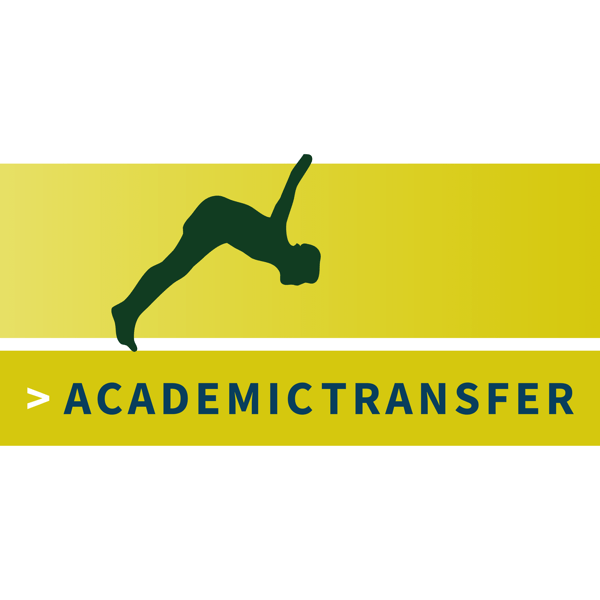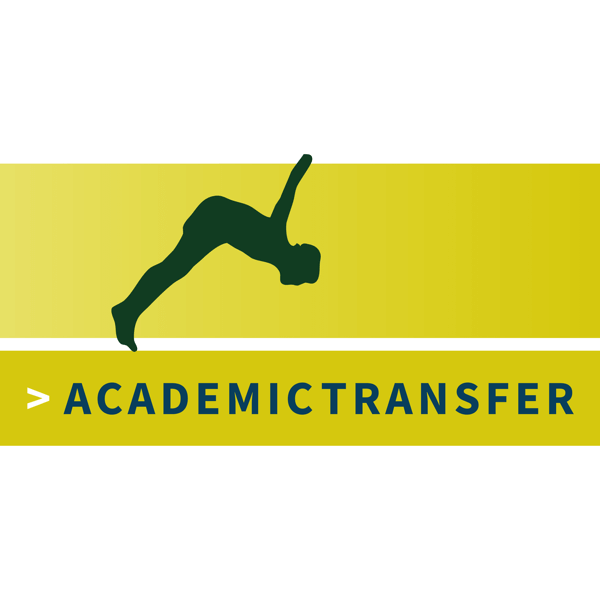
PhD Talk for AcademicTransfer: Modernizing education
This post is part of the series PhD Talk for AcademicTransfer: posts written for the Dutch academic career network AcademicTransfer, your go-to resource for all research positions in the Netherlands.
These posts are sponsored by AcademicTransfer, and tailored to those of you interested in pursuing a research position in the Netherlands.
If these posts raise your interest in working as a researcher in the Netherlands, even better – and feel free to fire away any questions you might have on this topic!
As the world is changing, the way we read and consume media is changing, we cannot assume that education will remain the same: someone in the front of a classroom talking for the entire length of the lecture.
But when it comes to modernizing our education, we also need to think of the contents of the material we deliver. How do we ensure our teaching materials also stand the test of time (in addition to our teaching delivery)?
Here are some ways in which I keep my course contents up to date:
- Update to current knowledge: The first step in updating our course material is, of course, updating the course contents to current knowledge and the current literature.
- Update to current standards: In addition to updating to current knowledge and literature, for those of us who teach engineering courses (and beyond), it is also imperative to update our courses to current standards and keep all our teaching materials up-to-date.
- Include recent case studies: Besides the technical basis of our teaching material, I also like to renew the case studies I discuss on a regular basis. I may have gotten bored of discussing the same case study a few semesters in a row and take another relevant case to discuss, and in addition I also like to include recent case studies. For example, in my bridge design course, I like showing recently completed bridges to show designs that are pushing the envelope.
- Include references to news or societal trends: How is what we learn in class relevant to society and daily life? If you come across a news article that relates to what you teach, it can be great to take it to class and discuss. For example, in my bridge design course, I discuss recent bridge collapses, what these events can teach us, and how we can avoid such disasters moving forward.
- Provide bonus material: Besides having the material that I teach, I also like to provide bonus material – either in the form of interesting videos or recorded lectures of colleagues online, through an extensive course reader, and by providing some examples and case studies discussed in past iterations of the course as additional reference material.
- Change reference material: Besides the course reader and other additional material that I provide, I usually have one main course text or reference that I strongly encourage my students to purchase for their personal libraries. When I want to freshen up my course material, I often also change the associated textbook.
- Include online learning material: In recent semesters, I have had the chance to provide my students with Coursera licenses. Part of my teaching material (about four lectures) is replaced by online learning material on a relevant topic. One semester we worked through a course on designing the future of work (in which my students learned about design thinking), and this semester we are taking a course on prompt engineering and one on fact-checking generative artificial intelligence.
- Broaden scope: Those entering the workforce today need to have a broader set of skills than those entering the workforce in the 1970s. This truth poses a challenge to traditional teaching – for example, teaching engineering courses that solely focus on the technical aspects, without considering aspects such as communication skills, teamwork, and connecting the work with ethical considerations.
- Reflect on societally important topics: As already hinted at in the previous bullet point, we need to place our work in the context of today’s society. Topics such as ethics, environmental impact, societal cost, diversity, equity, and inclusion, and sustainable development goals (to name a few) all have become increasingly important. How can we include these reflections in our teaching materials?
When it comes to keeping course contents up to date, I make small tweaks before every time I teach a course, and every two-three years, I give my courses a major overhaul.
What do you do to keep your teaching materials up to date?

